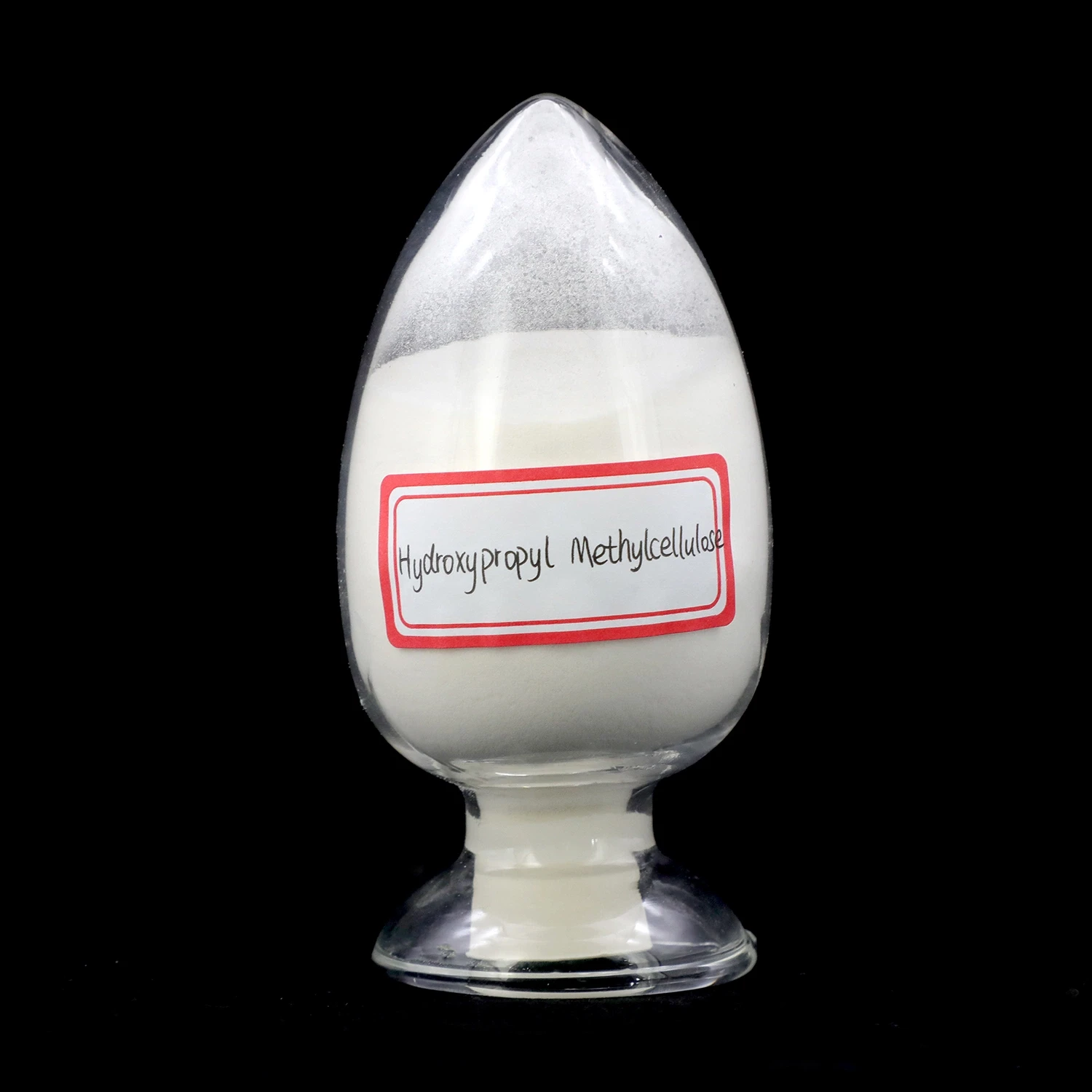



Monopotassium Phosphate Fertilizer with High Potassium Content for Optimal Plant Growth
Understanding Monopotassium Phosphate Fertilizer A Key to Plant Health
Monopotassium phosphate (MKP), with the chemical formula KH2PO4, is a highly effective and versatile fertilizer widely utilized in agriculture. Its unique properties, particularly its high solubility in water, make it an excellent choice for various crops, especially in hydroponic systems and foliar applications. The fertilizer's designation of 0-52-34 signifies its nutrient content it contains 0% nitrogen, 52% phosphorus (as P2O5), and 34% potassium (as K2O). This article will explore the significance of these nutrients and the advantages of using MKP in agricultural practices.
The Role of Phosphorus and Potassium
Phosphorus is crucial for several physiological processes in plants, notably in energy transfer and photosynthesis. It plays a vital role in the formation of DNA and RNA, contributing to the development of strong roots and the overall health of the plant. Although nitrogen is essential for growth and vigor, the focus on phosphorus in MKP helps ensure that plants can effectively manage energy production and storage.
Potassium, on the other hand, is often referred to as the quality nutrient. It enhances the overall health of the plant, improving drought resistance and disease tolerance. Additionally, potassium aids in the regulation of enzymatic activities and is essential for fruit and flower development. This dual nutrient profile makes MKP a valuable fertilizer for growers looking to optimize crop yield and quality.
Benefits of Using Monopotassium Phosphate
1. High Solubility One of the significant advantages of MKP is its high solubility in water, making it readily available to plants. This is particularly beneficial in fertilization routines where quick nutrient uptake is desired.
2. Balanced Nutrition MKP delivers essential nutrients without saturating the soil with nitrogen, which can lead to excessive foliage growth at the expense of fruit and flower production. This balanced approach supports both vegetative growth and reproductive phase of plants.
monopotassium phosphate fertilizer 0 52 34

3. pH Neutrality Monopotassium phosphate is generally pH neutral, which helps maintain a stable environment for nutrient uptake. This characteristic is especially important in hydroponics, where maintaining appropriate pH levels is crucial.
4. Improved Crop Quality By enhancing flowering and fruiting processes, MKP can lead to better yield outcomes. Crops treated with MKP often exhibit improved taste, color, and nutritional quality, providing economic benefits to farmers.
5. Enhanced Stress Resistance The inclusion of potassium in MKP fortifies plants against environmental stresses, such as drought and disease pressure. This resilience can lead to better crop survival rates and ultimately improved profitability for growers.
Application Methods
MKP can be applied through various methods, including foliar sprays, fertigation, or as a part of a nutrient solution. The recommended application rates depend on crop type, growth stage, and soil conditions. It is essential for growers to conduct soil tests to determine the precise needs of their crops.
Conclusion
In summary, Monopotassium phosphate fertilizer represents a critical tool for modern agriculture, effectively delivering essential nutrients that enhance plant health and productivity. By focusing on phosphorus and potassium, farmers can cultivate stronger, more resilient crops that yield high-quality produce. Whether in traditional soil-based systems or innovative hydroponic setups, MKP's versatility and efficiency make it a valuable addition to any agricultural nutrient management plan.
-
Why Sodium Persulfate Is Everywhere NowNewsJul.07,2025
-
Why Polyacrylamide Is in High DemandNewsJul.07,2025
-
Understanding Paint Chemicals and Their ApplicationsNewsJul.07,2025
-
Smart Use Of Mining ChemicalsNewsJul.07,2025
-
Practical Uses of Potassium MonopersulfateNewsJul.07,2025
-
Agrochemicals In Real FarmingNewsJul.07,2025
-
Sodium Chlorite Hot UsesNewsJul.01,2025










